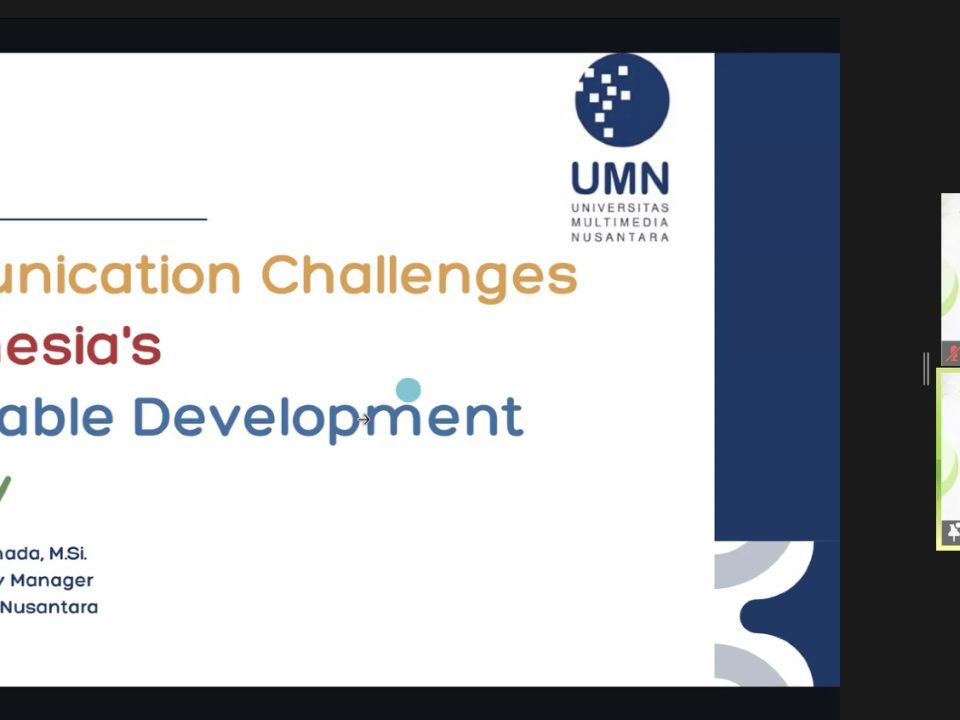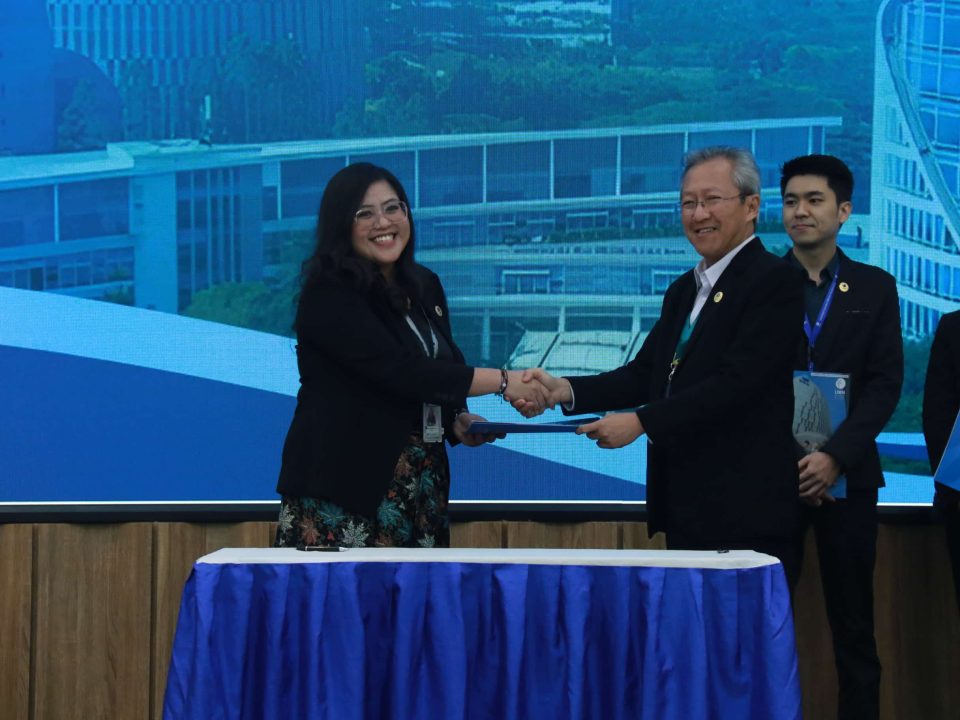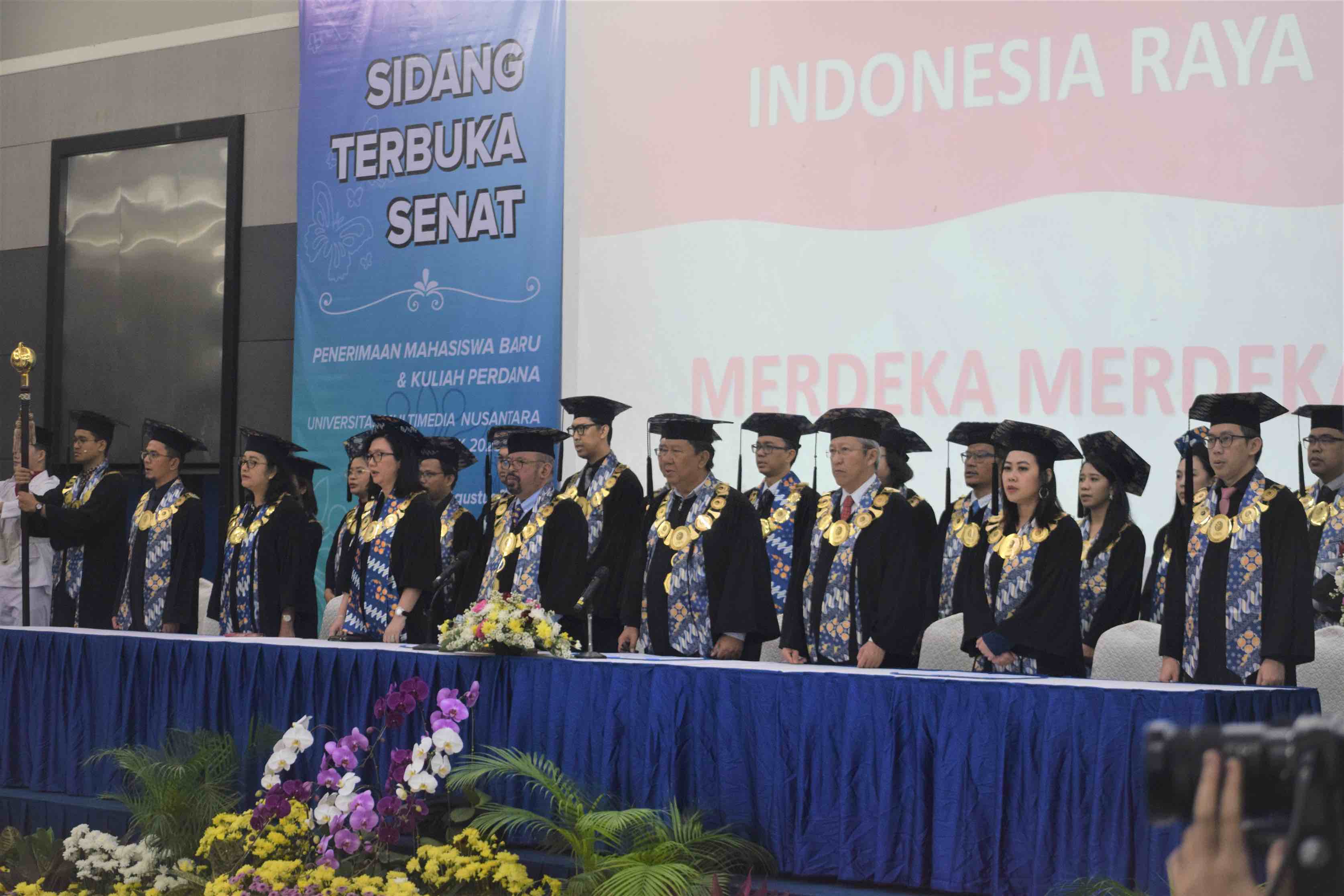
Multimedia Nusantara University Tangerang Invites New Students to Excel with Artificial Intelligence
September 5, 2023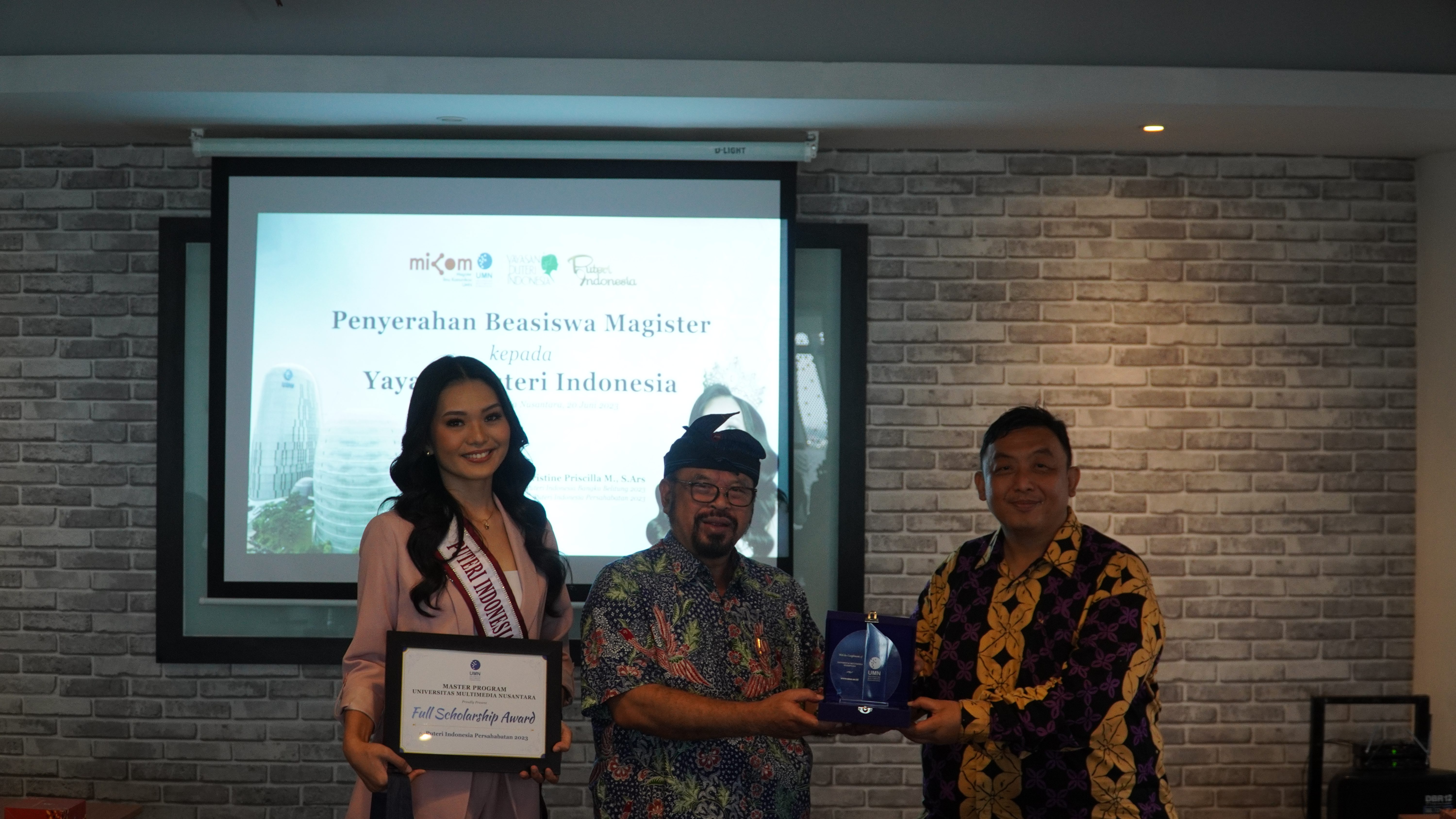
The Handover of UMN Master of Communication Science Scholarship to Puteri Indonesia Persahabatan 2023
September 13, 2023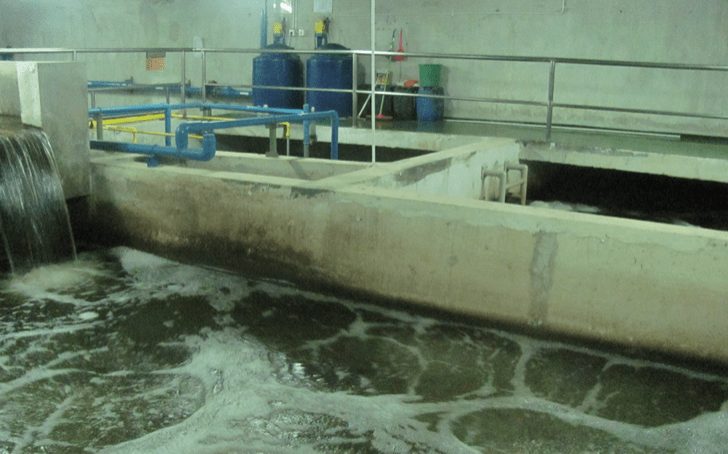
Greywater is being processed in the Sewage Treatment Plant (STP) (Doc. Building Management)
Tangerang – Since 2009, UMN has implemented an advanced wastewater treatment system to manage and recycle water efficiently across its campus. The wastewater generated from toilets, urinals, washbasins, and kitchens is processed through a Sewage Treatment Plant (STP) using aerobic bacteria. These bacteria serve as the primary agents in breaking down and decomposing organic waste. Once treated in the STP, the water undergoes further purification in the Water Treatment Plant (WTP) where it passes through a sand filter and a carbon filter to ensure the water is clean enough for reuse.
Once treated, 100% of this water is recycled and repurposed for essential campus functions. The recycled water is used for irrigation, flushing toilets, and as make-up water for cooling towers in the campus air conditioning systems. By reusing water in these areas, UMN significantly reduces its reliance on fresh water, which is both cost-effective and environmentally beneficial. This comprehensive recycling approach is a key aspect of UMN’s commitment to sustainability, helping to conserve natural resources and minimize the campus’s environmental footprint.

UMN Water Recycling Process (Doc. Building Management)
Additionally, the STP plays an important role in preventing polluted water from entering the local water system. By thoroughly treating wastewater before it has any chance of re-entering the natural water system, UMN helps prevent water pollution. This initiative not only protects nearby water bodies but also contributes to cleaner, healthier ecosystems, reinforcing UMN’s dedication to environmental stewardship.

Rainwater Harvesting System (Doc. Building Management)
UMN also supports water conservation through rainwater harvesting. The campus buildings are equipped with a system that collects rainwater and channels it into approximately 80 strategically placed infiltration wells. This harvested rainwater helps recharge the local groundwater table, contributing to the natural water cycle. Together, these efforts in wastewater treatment and rainwater harvesting illustrate UMN’s ongoing commitment to sustainable water management, ensuring the university minimizes its impact on the environment while promoting responsible resource use.
By Melinda Chang | UMN News Service
Kuliah di Jakarta untuk jurusan program studi Informatika| Sistem Informasi | Teknik Komputer | Teknik Elektro | Teknik Fisika | Akuntansi | Manajemen| Komunikasi Strategis | Jurnalistik | Desain Komunikasi Visual | Film dan Animasi | Arsitektur | D3 Perhotelan , di Universitas Multimedia Nusantara. www.umn.ac.id

